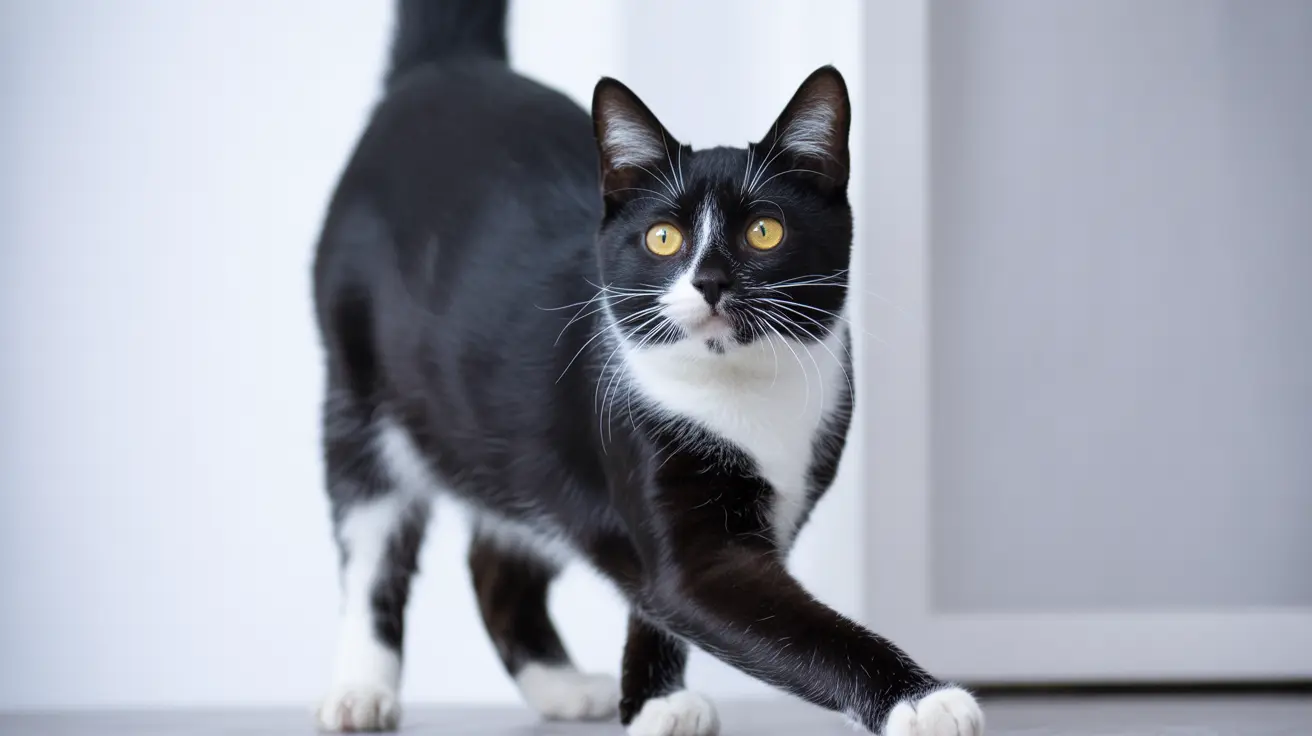Can Cats Eat McDonald's? What Every Pet Owner Should Know
If you've ever caught your feline friend eyeing your burger or fries, you might wonder: Can cats eat McDonald's? While it might be tempting to share your food with your pet, the reality is that what's tasty to us can be very harmful to cats.
Why McDonald’s Food Isn’t Suitable for Cats
While an occasional tiny nibble might not cause immediate harm, the nutritional content of McDonald's food is vastly different from what cats need. Here are the main reasons why McDonald’s should not be part of your cat’s diet:
- High fat content: Burgers and fries are loaded with fats that can lead to obesity and pancreatitis in cats.
- Salt and seasonings: Fast food items are heavily salted and seasoned, which can damage your cat’s kidneys and cause electrolyte imbalances.
- Onions and garlic: Common in burgers and sauces, even in small amounts these can be toxic to cats, leading to anemia.
- Empty calories: These foods lack the essential nutrients that felines require, such as taurine, animal protein, and specific vitamins.
Specific Menu Items and Risks
Let’s look at some popular McDonald's items and how they impact feline health:
- French Fries: Deep-fried and salty, they pose a risk of salt poisoning and contribute to excessive calorie intake.
- Chicken Nuggets: Breaded and fried, often seasoned with additives not safe for cats.
- Cheeseburgers: Include onion, garlic, high fat, and processed cheese—not feline-friendly ingredients.
- Ice Cream and Desserts: Cats are lactose-intolerant; consuming dairy can cause gastrointestinal upset.
What Happens If a Cat Eats McDonald's?
If a cat eats a small bite of McDonald's food, it might not cause harm immediately. However, repeated exposure or larger quantities can lead to issues such as:
- Vomiting or diarrhea
- Increased thirst or urination due to salt content
- Lethargy or signs of pancreatitis
- Weight gain and long-term obesity
Healthy Treat Alternatives
Instead of fast food, consider giving your cat safe and tasty alternatives:
- Cooked plain chicken or turkey: A good protein source that’s safe when unseasoned.
- Freeze-dried meat treats: Readily available and specifically formulated for cats.
- Catnip or cat grass: Adds variety to their routine while being feline-approved.
Conclusion: Choose Wisely for Your Cat’s Health
Sharing your McDonald's meal with your cat is not a good idea. While a small bite on rare occasions is unlikely to be fatal, it sets a bad precedent and can encourage begging and poor dietary habits. Your feline friend depends on you to provide food that meets their specific nutritional needs—and unfortunately, fast food just doesn't cut it.
Stick to high-quality cat food and approved treats to keep your furry companion healthy, active, and happy.





